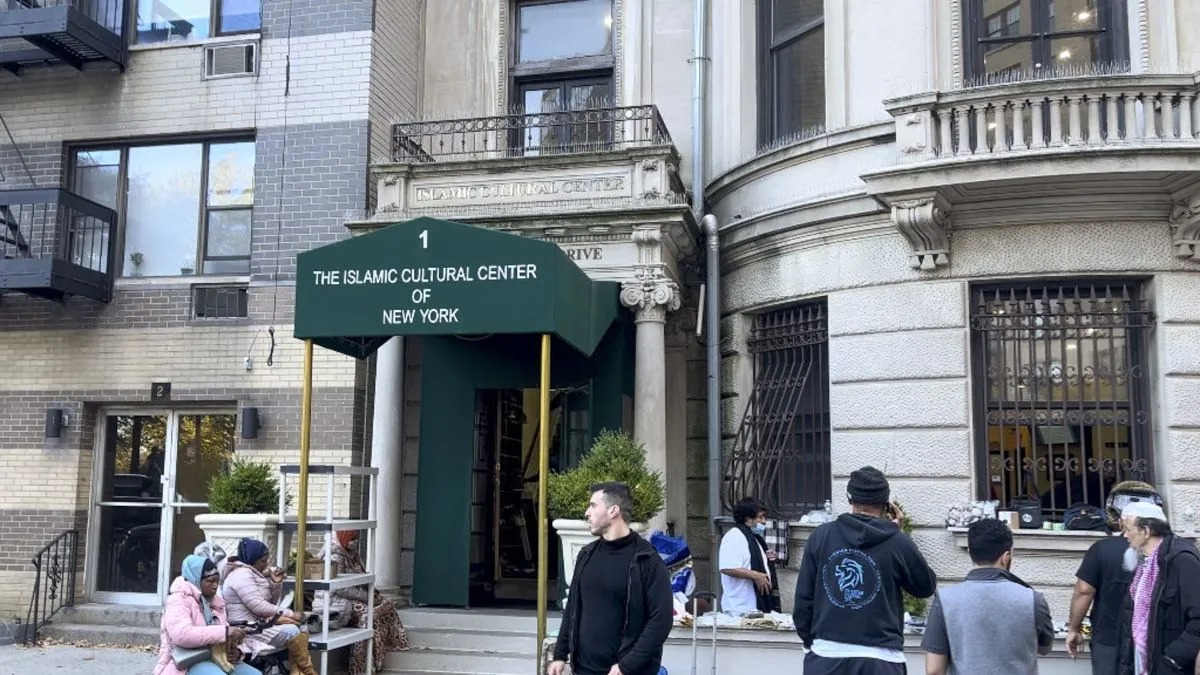

New York: Hundreds of Muslims from the surrounding areas come to the Islamic Cultural Center on Riverside Drive in New York City to attend Friday prayers. After the prayers, there is a special prayer for the people of Gaza. Ali, who works in the corporate sector, regularly prays, especially on Fridays. He says that in the presidential election to be held on November 5, international issues are overshadowing local issues for Muslims.
There is no more important issue than Gaza.
“There are a lot of issues, but I don’t think there is any issue more urgent than what we are seeing in Gaza. A large part of the Muslim community is not comfortable with the statements and actions of the candidates,” he said. “It seems that the Democratic Party is afraid of offending the pro-Israel wing. I think this lack of compassion and empathy is very disappointing.”
Facing complex political situations
New York’s Muslims face a complex political situation in this presidential election. The community is seen to be divided over its concerns on both domestic and international issues. The situation in Gaza is one of the biggest concerns for members of this influential voter group, with many of them expressing clear disappointment with the government’s handling of the situation in the Middle East. “The situation in Gaza is very important to us. The war must end, and we don’t think the current government is doing much about it. Other issues like abortion rights and even LGBTQ are also concerns, but Gaza is the most worrying right now,” says Waqas, a resident of Long Island, New York.
The Institute for Social Policy and Understanding (ISPU) recently surveyed in three states (Georgia, Pennsylvania, and Michigan), which revealed that the ongoing war in Gaza is the biggest concern for the majority of Muslim voters (61 percent). The survey also said that this is the biggest issue for Muslims of all genders, ages, castes, and party lines.
Read More: Miniskirts in Tehran? The Surprising Truth About Iran Before the Revolution

 Share
Share



